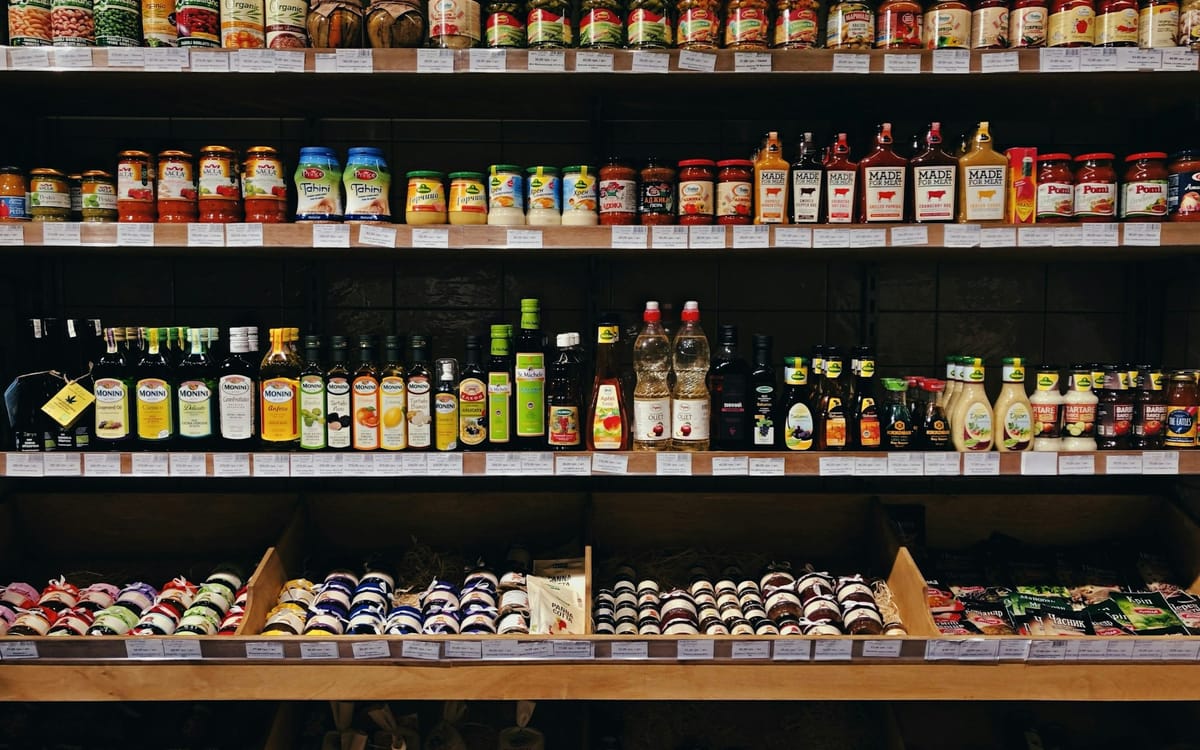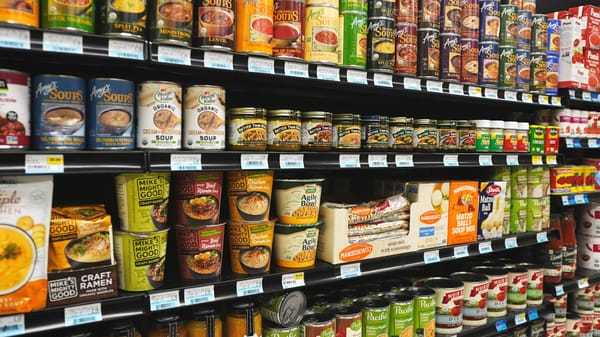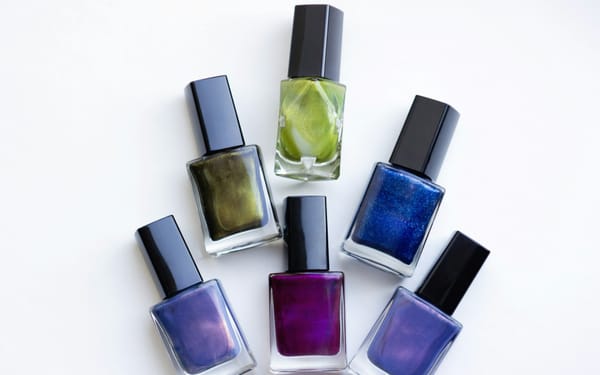Is Red Wine Vinegar Halal? Complete Islamic Ruling Guide

You're at the grocery store, reading ingredient labels, when you see "red wine vinegar" listed. Your heart skips a beat. Is this halal? Can you use it in your cooking?
Here's the good news: red wine vinegar is generally considered halal in Sunni Islam. The wine has completely transformed into vinegar through a process called istihālah, making it permissible for Muslims to consume.
What Exactly is Red Wine Vinegar?
Red wine vinegar starts as red wine, but it goes through a complete transformation. First, red grapes ferment into wine. Then, bacteria called Acetobacter convert the alcohol into acetic acid - that's what gives vinegar its sour taste.
By the time this process is complete, you're left with vinegar, not wine. The intoxicating properties are completely gone.
The Islamic Concept of Istihālah (Transformation)
In Islamic law, istihālah means complete transformation of a substance. Think of it like this: when something haram becomes something entirely different, the ruling can change.
Classical scholars gave examples like:
- Wine turning into vinegar
- Blood transforming into musk
- Pig falling into salt and becoming salt
The key is that the original forbidden substance must be completely changed. With red wine vinegar, the wine's intoxicating properties are gone - it's now just sour vinegar.
What Do Sunni Scholars Say?
The scholarly opinions vary slightly, but most agree on the final ruling:
Hanafi School
Hanafis say red wine vinegar is completely halal, whether the transformation happened naturally or deliberately. They focus on the end result: once it's vinegar, it's permissible.
Maliki School
Most Maliki scholars also permit intentional transformation of wine to vinegar. The strongest Maliki opinion considers the resulting vinegar pure and halal.
Shafi'i School
Shafi'is are more cautious about deliberately turning wine into vinegar. However, they don't dispute that naturally-occurring vinegar is halal.
Hanbali School
Similar to Shafi'is, Hanbalis generally avoid intentionally transforming wine but accept naturally-occurring vinegar.
The bottom line: The majority of contemporary Sunni scholars consider red wine vinegar halal because Muslims aren't the ones making the wine - they're simply using an existing vinegar product.
But What About the Alcohol Content?
This is probably your biggest concern, and rightfully so. Here's what you need to know:
Red wine vinegar contains less than 0.5% alcohol by volume - often much less. To put this in perspective, some ripe fruits and fermented bread contain similar trace amounts.
The key point: You cannot get intoxicated from vinegar, no matter how much you consume. Islamic law follows the principle that "whatever intoxicates in large quantity, even a small amount is haram." Since vinegar cannot intoxicate at all, the trace alcohol is considered negligible.
Egypt's Dar al-Ifta confirmed this, stating that negligible amounts of alcohol that don't lead to intoxication are lawful and not covered by Islamic prohibitions.
How This Applies to Your Cooking
When you see "red wine vinegar" on ingredient labels, you're looking at vinegar - not wine. This is very different from seeing "red wine" or "cooking wine" listed, which would be haram.
Red wine vinegar is commonly used in:
- Salad dressings
- Marinades
- Halal soup recipes
- Mediterranean dishes
Many halal certification bodies worldwide approve vinegar products, including those made from wine. This gives you additional confidence in using these products.
Reading Labels Like a Pro
Here's how to shop with confidence:
✅ Halal: "Red wine vinegar," "White wine vinegar," "Balsamic vinegar"
❌ Haram: "Red wine," "Cooking wine," "Wine" (without the word vinegar)
The word "vinegar" makes all the difference. It indicates the product has undergone complete transformation from wine to vinegar.
Practical Tips for Muslim Families
Want to be extra cautious? Here are some options:
- Look for halal certification on vinegar products
- Use alternatives like apple cider vinegar or regular white vinegar
- Make your own flavored vinegars using halal ingredients
- Ask at restaurants if their dressings contain wine vinegar (most do, and it's typically fine)
Remember, being too strict about clearly permissible things can make your life unnecessarily difficult. The Prophet (peace be upon him) said "What a good food vinegar is," showing vinegar's place in Islamic tradition.
When Dining Out
Most restaurant salad dressings contain some form of wine vinegar. Based on the scholarly consensus we've discussed, this shouldn't be a concern for most Muslims.
However, if you follow a stricter interpretation or want to be extra cautious, you can always ask for olive oil and lemon as an alternative dressing.
The Final Verdict
Red wine vinegar is halal according to the majority of Sunni Islamic scholars. The wine has undergone complete chemical transformation (istihālah), removing its intoxicating properties and making it a different substance entirely.
You can confidently use red wine vinegar in your cooking and consume foods containing it. The trace amounts of alcohol are negligible and don't affect the halal status.
As always, if you have specific concerns about your particular situation, consult with a local Islamic scholar who understands your circumstances and can provide personalized guidance.
Allahu a'lam (Allah knows best), and may this knowledge help you make informed decisions about your halal lifestyle, inshallah.





